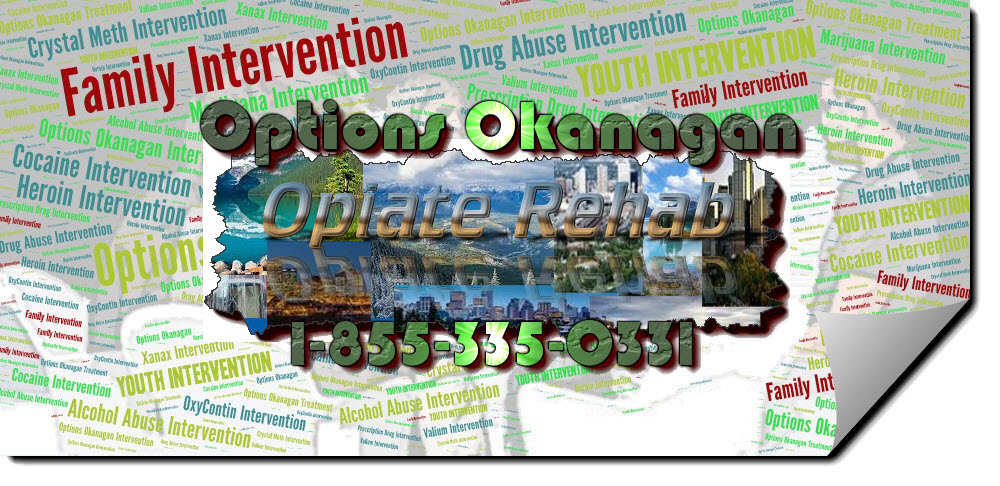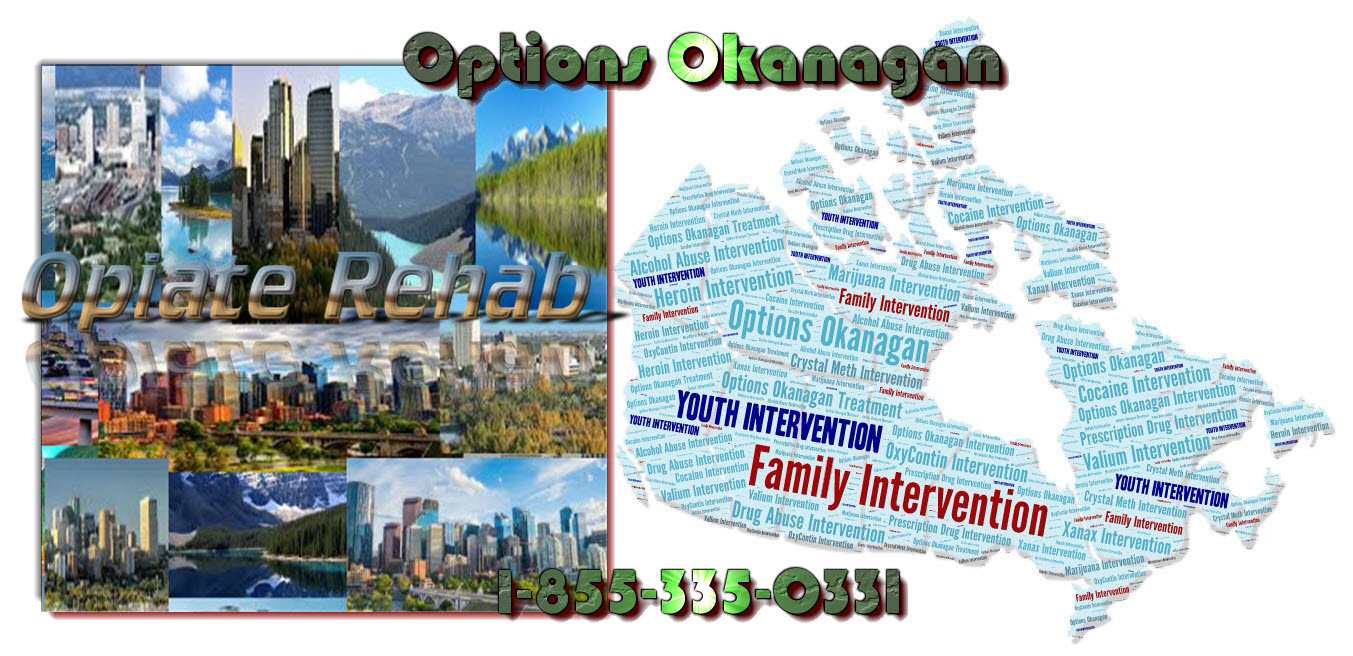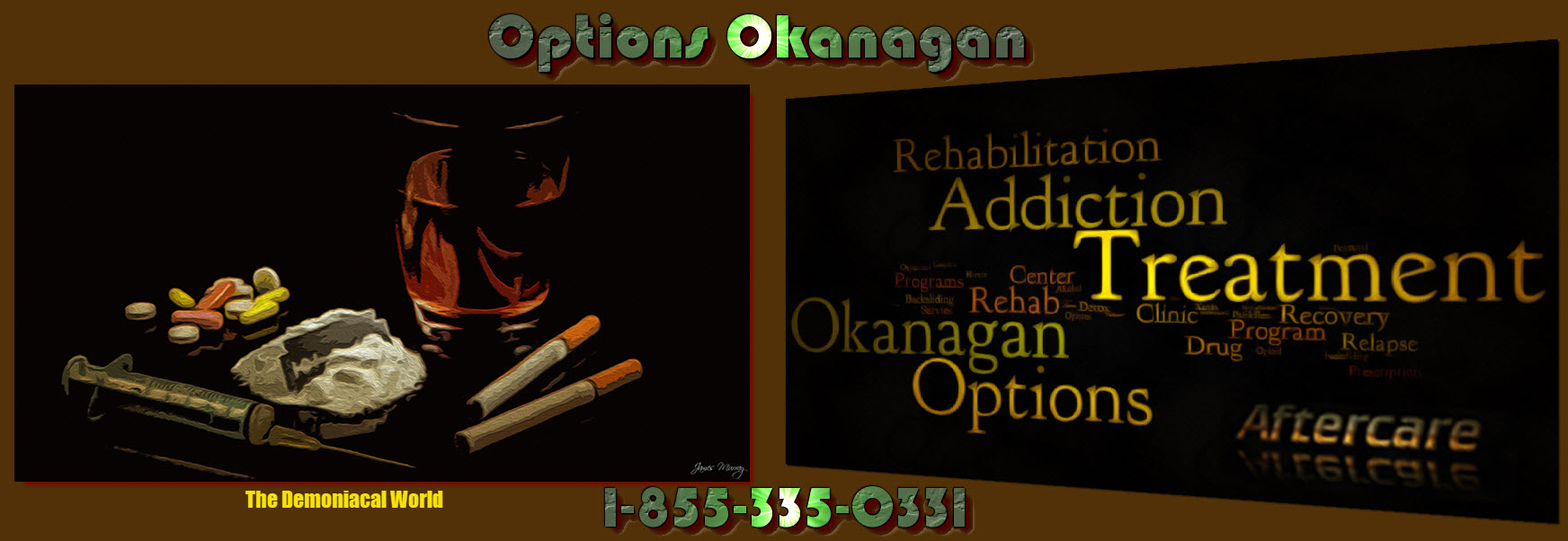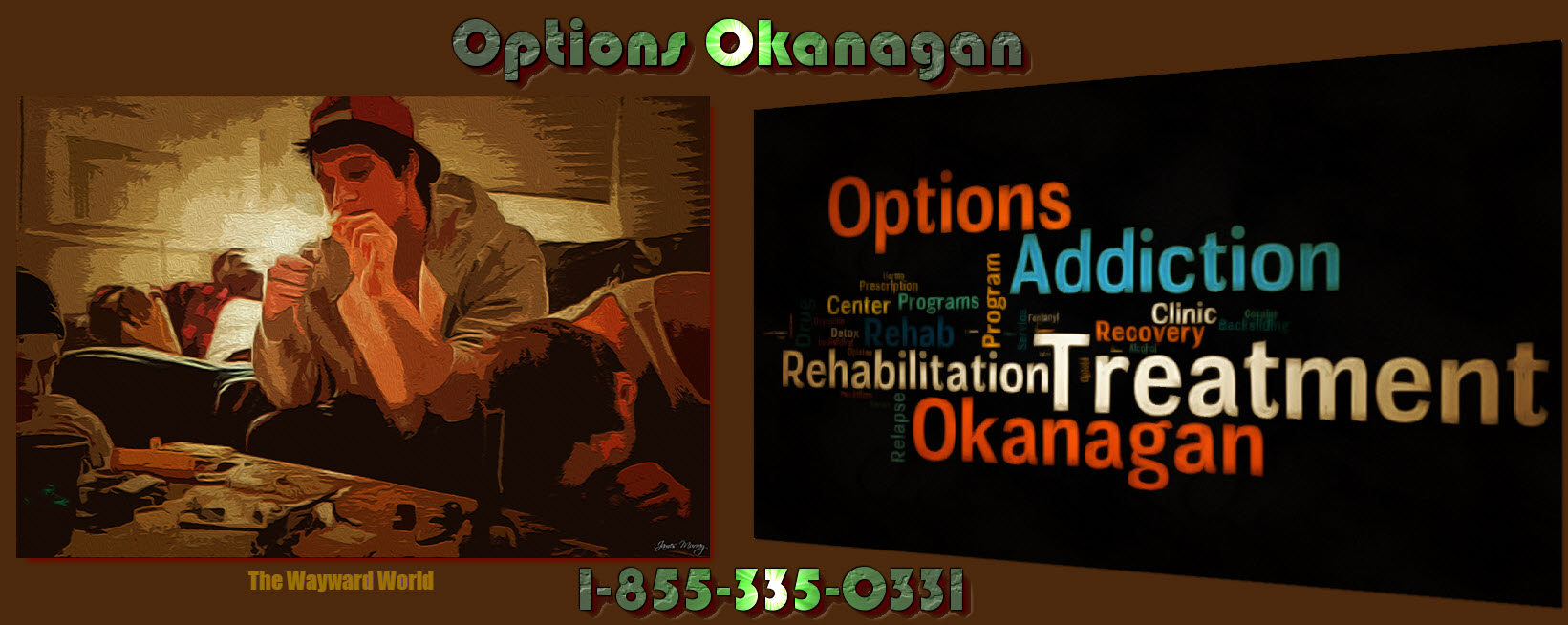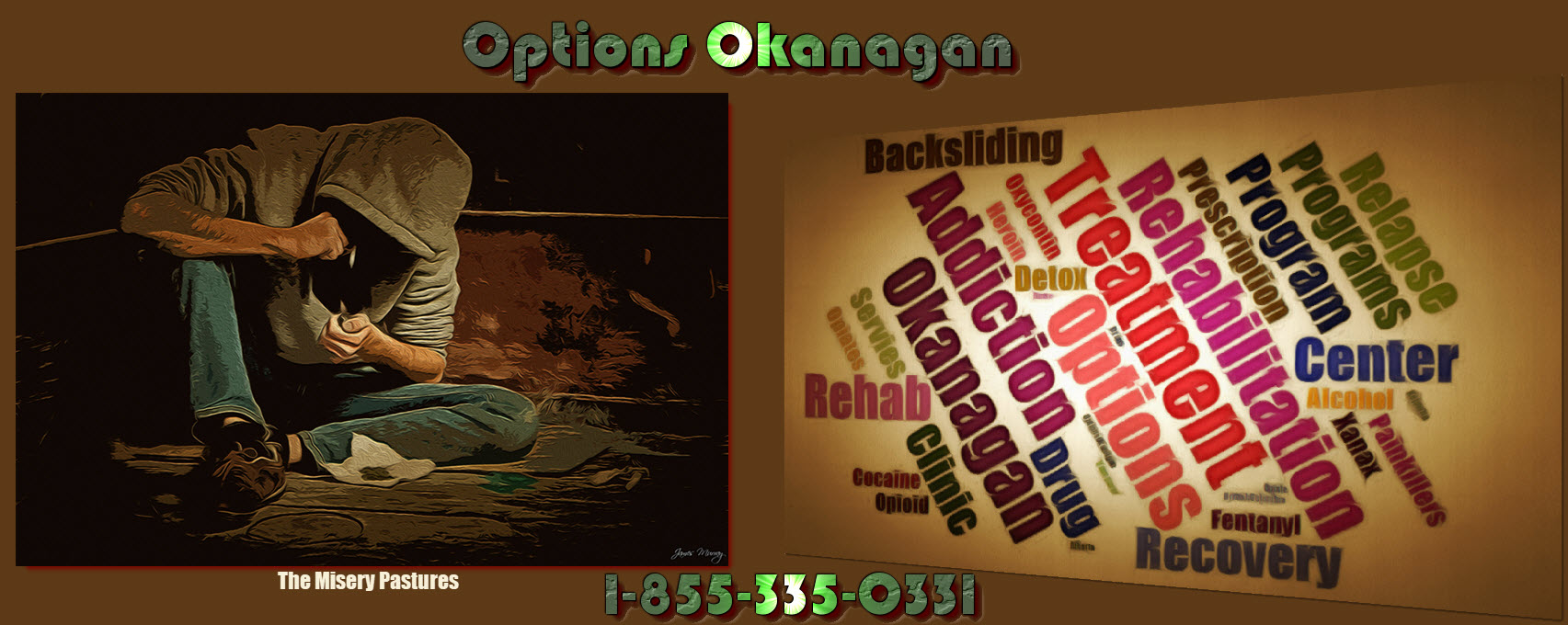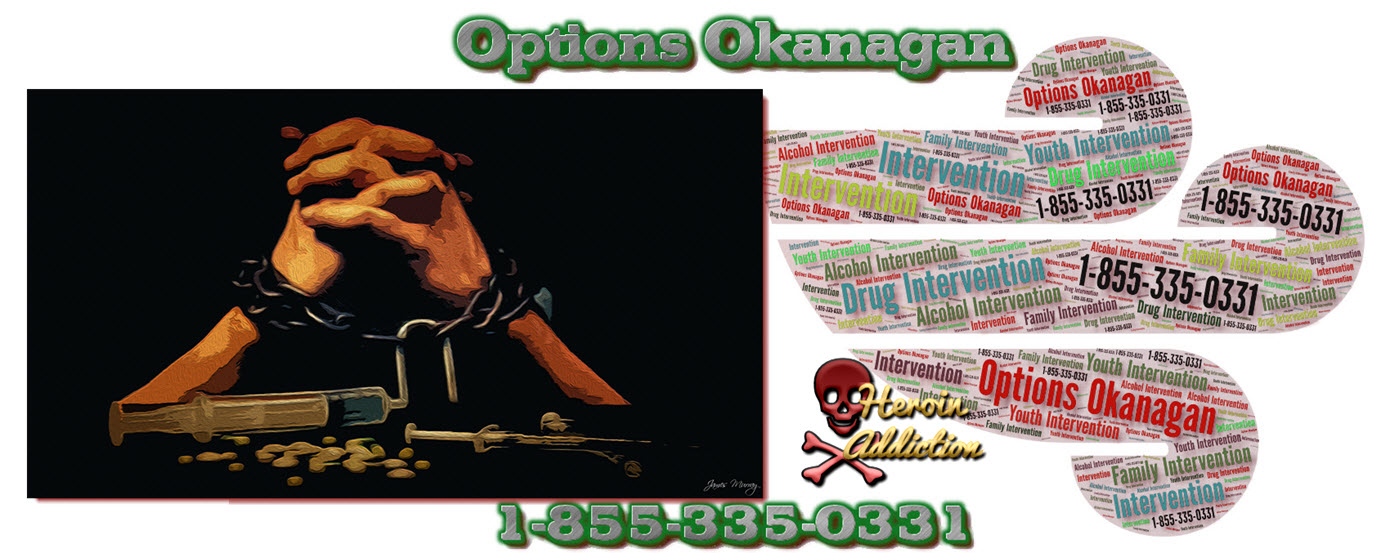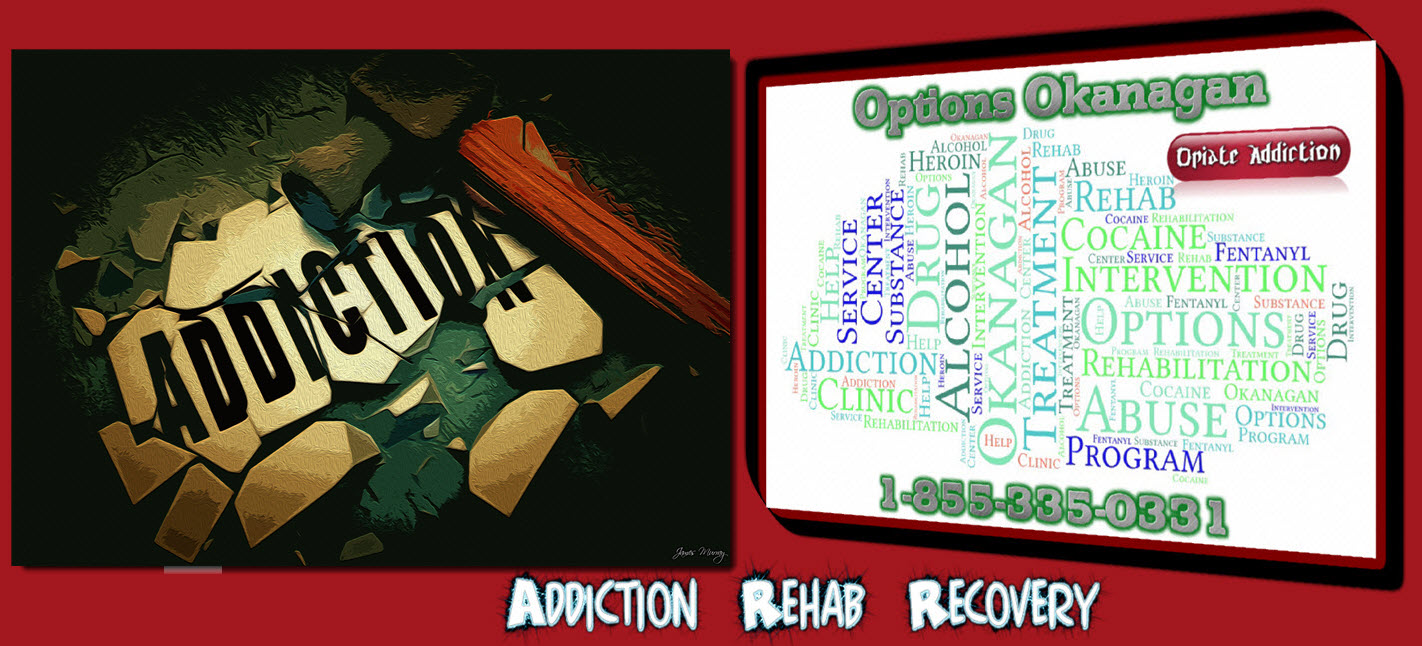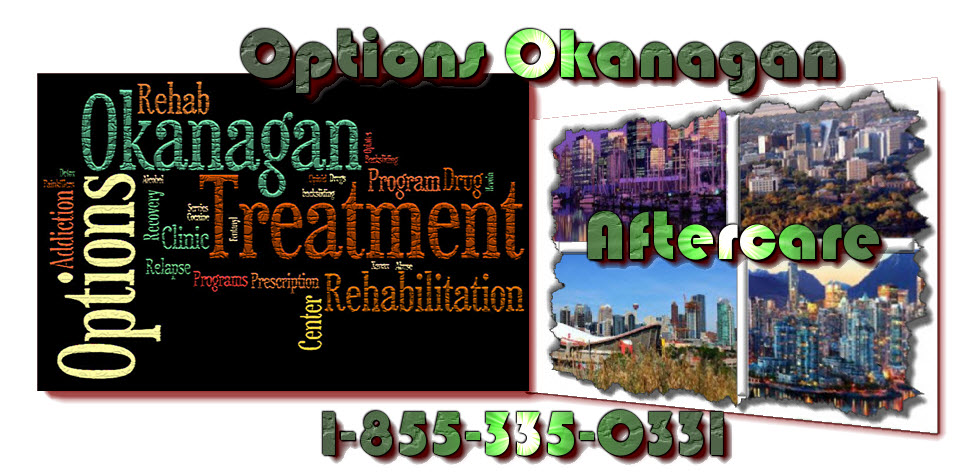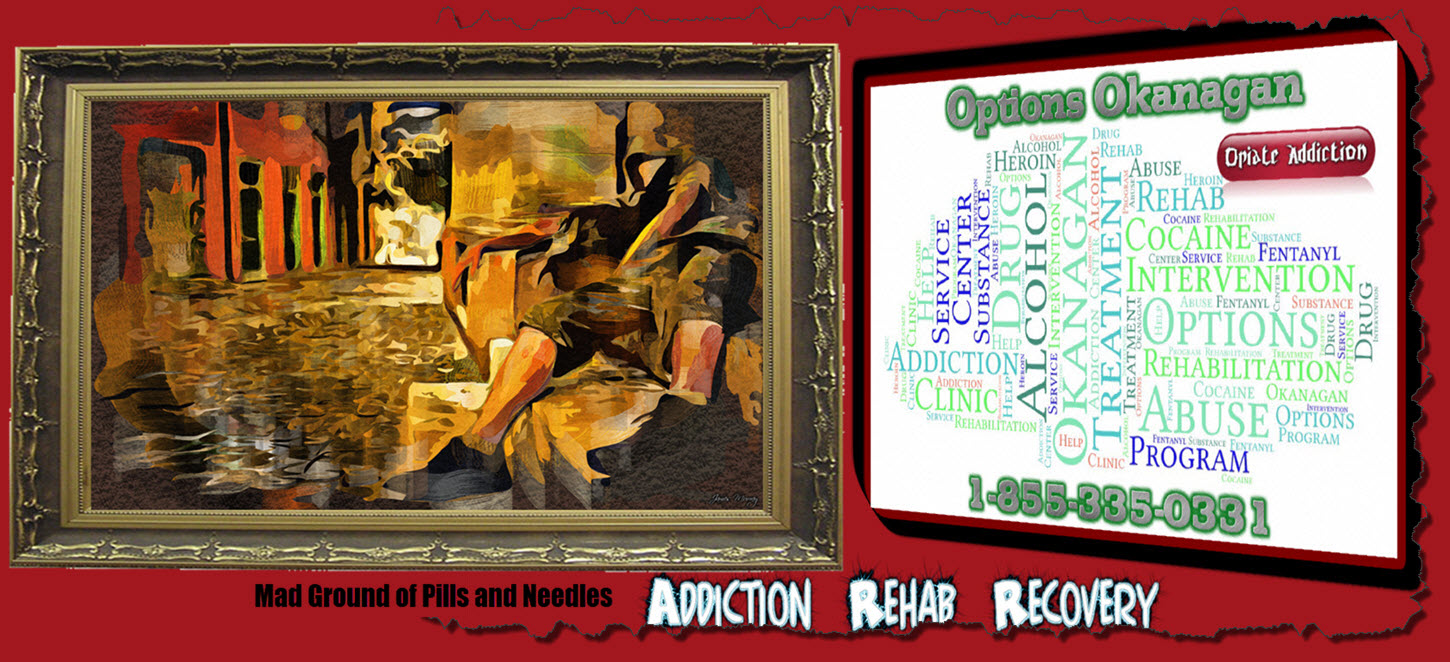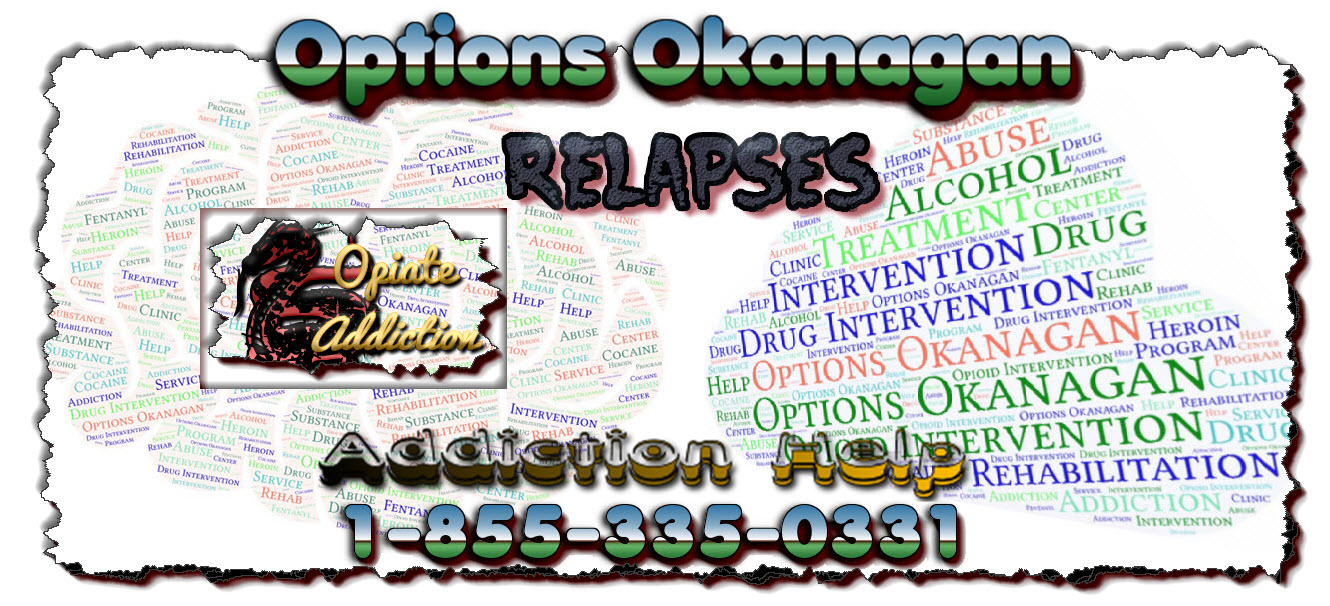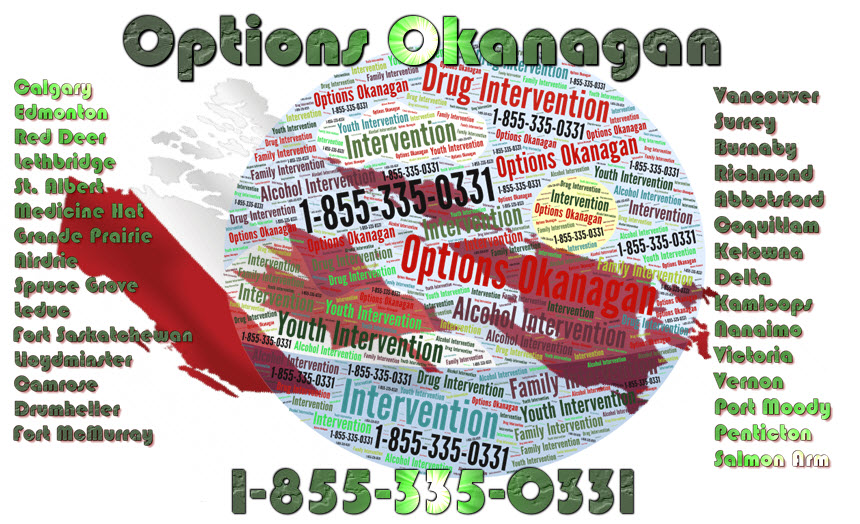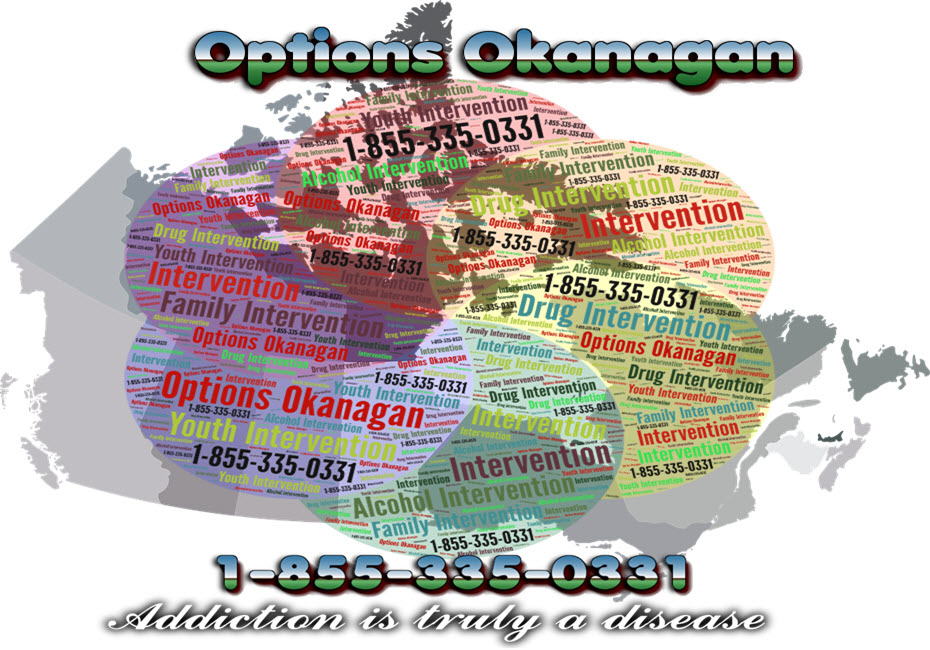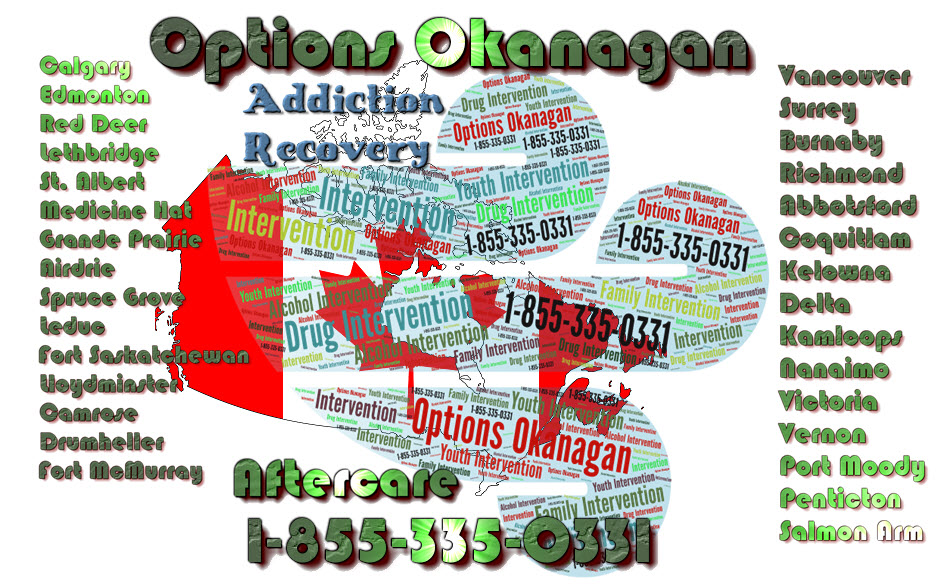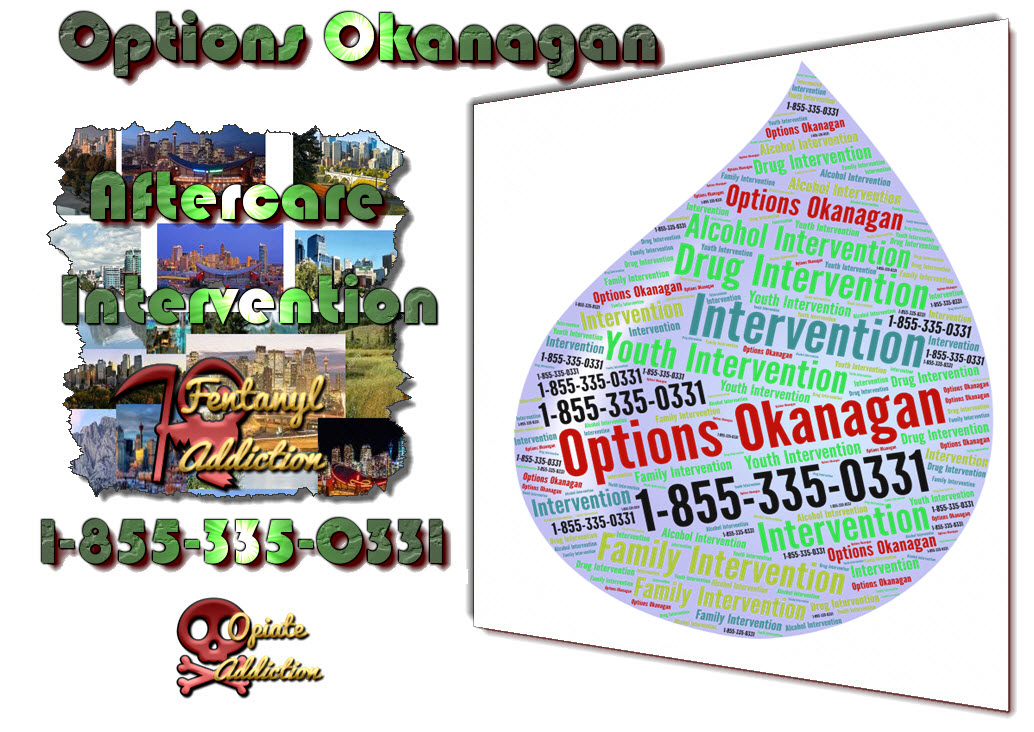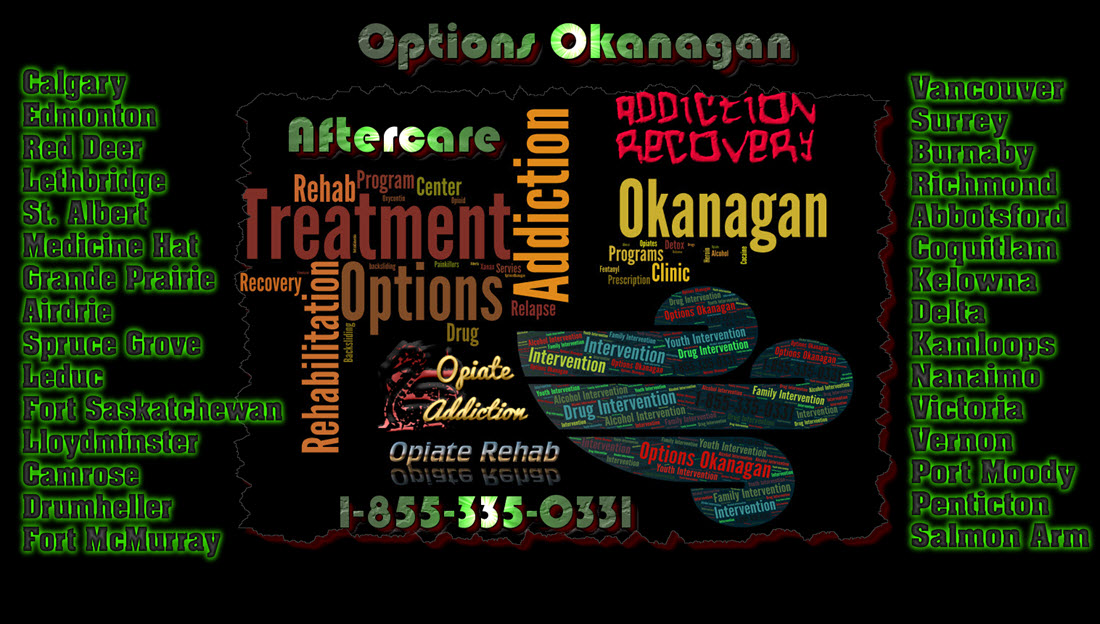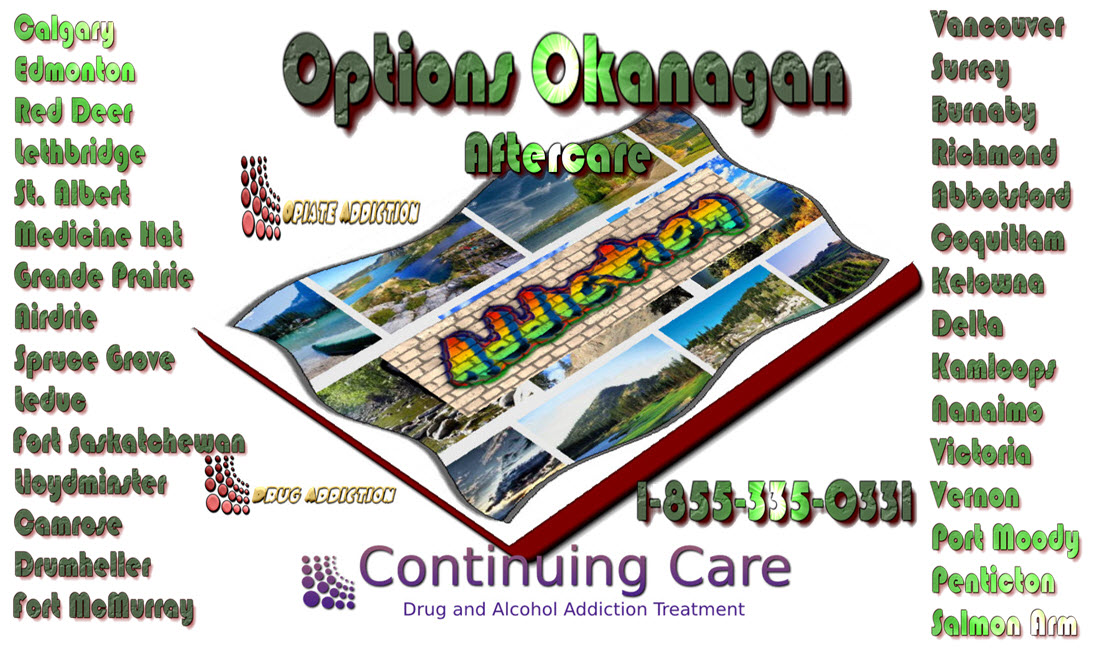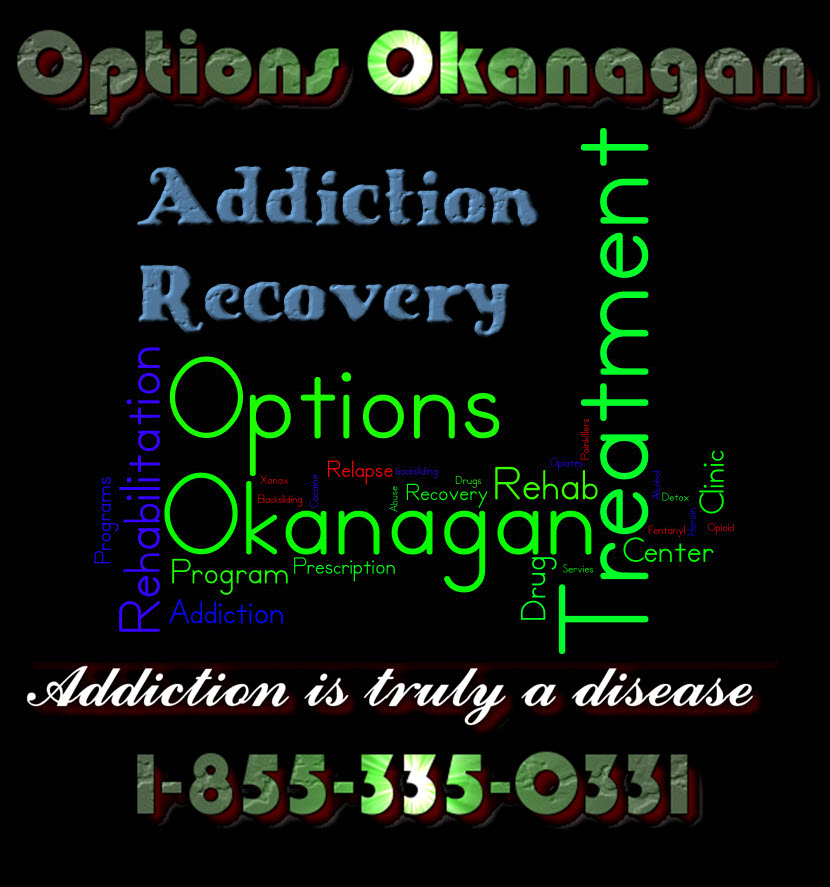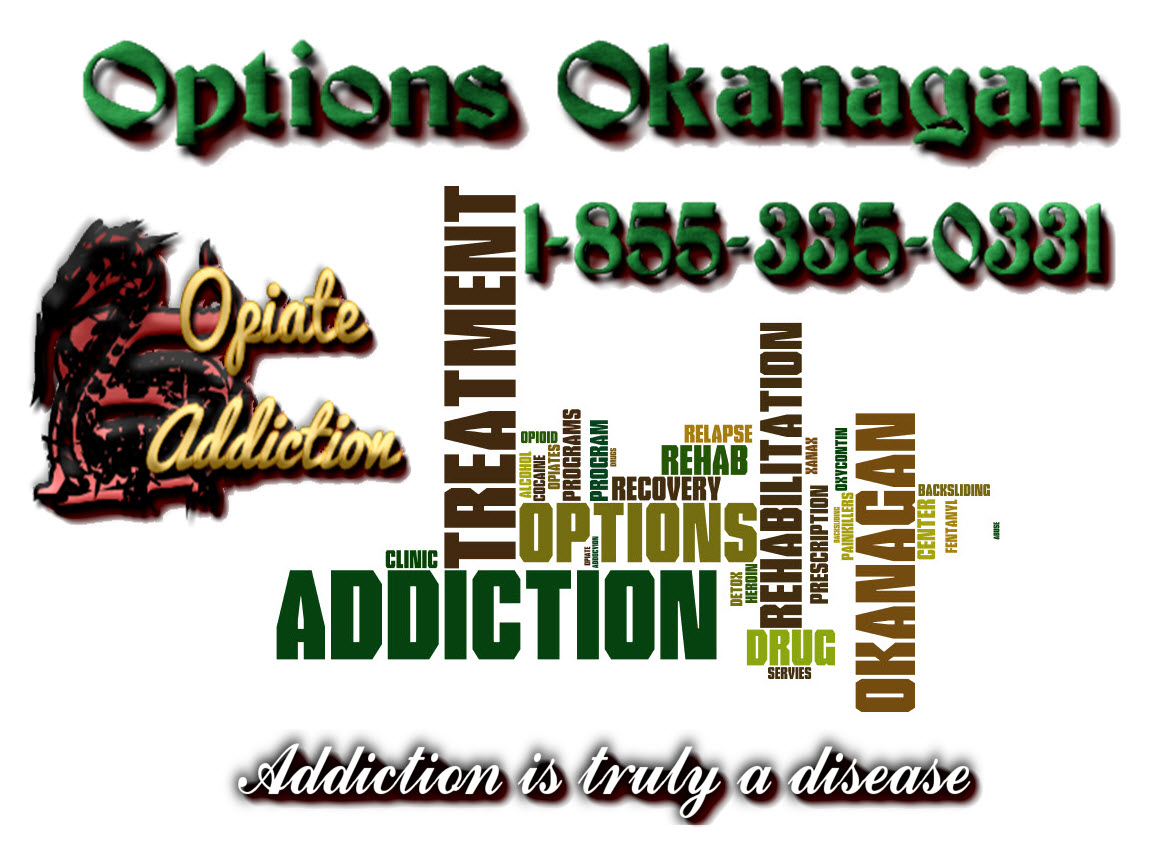How to communicate with a loved one about addiction treatment and therapy. Opiate and prescription drug intervention in British Columbia and Alberta – Options Treatment Center in Kelowna, British Columbia treating prescription drug, opiate, fentanyl, heroin and alcohol addiction and recovery.
Prescription Drug Rehabs In Alberta And BC
One way to save the life of an addicted loved one is a well-planned conversation about their addiction. Initially, a family member may observe the irrational behavior of another family member. Then a family member will skip meetings or forget important dates. After a while, family members may find that money or other assets are gone.
Caring about somebody with a substance addiction is exhausting, stressful and also heartbreaking. Members of the family pay close attention to how their loved one’s drug abuse is impacting their lives, as well as really feeling helpless and powerless to make any kind of changes. Generally, recovery communities have actually believed that the family members need to wait until their loved one hits bottom prior to helping them get therapy. Nowadays recovery communities now recognize that a well-planned and thoughtful discussion can motivate individuals with substance use disorders (SUD) to get addiction treatment sooner.
However, it is necessary to plan just how family members will talk with their loved one concerning their drug abuse according to the professionals at numerous treatment facilities that offer biopsychosocial-spiritual techniques to treatment. And also how to have an important conversation in a manner that will stay clear of blame, hurt and pain to motivate a loved one to get treatment for their substance use disorder.
Determine what the main message of the family.
If the family lives with someone who has substance abuse disorders, there is probably a long list of complaints and injuries. However, talking to family members who are addicted is not the time to educate them. Rather, family members will want to focus on the most important messages that their loved ones must-hear.
Before a family begins talking to their loved ones, they must find a way to convey to them in a concise and clear way. The family can say something like, “As a family, we are afraid that you, whom we love, will overdose on drugs and die, and we firmly believe that you must use an addiction treatment program to help you live the life you want.”
Families must be specific.
After a family identifies the most important messages, they need to find some concrete examples that support their perspective. Misunderstanding and rejection are part of addiction. So, if the family uses examples of certain addictive behaviors, they can help their loved ones see the scenario. It is important to focus on facts, not on emotions. If the addicted family member insists that they are good or in control, the family can explain situations where this is not the case.
For instance, if family members think that their loved one’s substance addiction is endangering their life, they need to point out and explain the times when the addicted member of the family has actually been in danger. As an example, they might say that the addicted member of the family drove drunk, got involved in physical fights, or had previously overdosed a number of times.
Separate the truths and opinions.
While family members are considering what they intend to say to their addicted loved one, they need to ensure that they are stating the facts and realities, not their point of view. Members of the family may feel that their loved one is being juvenile, reckless or embarrassing. However, the family members need to keep those viewpoints to themselves. Rather, concentrate on facts and the realities, like their loved ones’ constant absences at the workplace or delinquency misbehaviors on bills.
The family members should remember that addiction is a disease, an illness
Members of the family go through many emotions, and are hurt, upset, angry and mad concerning their addicted loved one’s actions and behaviors. However, throughout this discussion, it is vital to be compassionate and understanding, as opposed to communicating their negative emotions and feelings, due to the fact that there will certainly be a time and place for that in the foreseeable future. Keep in mind as family members that substance use disorder (SUD) is a disease, which is separate from the individual that is addicted. Separating the disease or illness of addiction from the individual can aid family members to sympathize with their loved one, that has had their life disrupted by this disease. Families must be reminded that seeking treatment is frightening and that their loved ones feel very vulnerable at this time.
The family members must stick to the points.
Many individuals with substance use disorders (SUD) get angry and defensive when confronted or faced with the realities of their illness. Addicted members of the family may lash out, informing their entire family that it is none of their business. Addicted people can turn things around, show family behavior, or insist that they are okay.
It is essential that the family members stay with their primary message even when their addicted loved one attempt to deflect from the message. If the addicted person snaps and gets angry, don’t get involved, but reinforce the family’s messages with the particular details and supporting information. If the addict continues to increase their anger, leave. Leaving the conversation is a better choice than facing a loved one with anger, which can make more harm.
The family members need to be prepared to act.
If all works out, their addicted loved one will agree to think about therapy after the family members have talked about how their substance dependency is impacting their life as well as the members of the family. It is vital that the members of the family be prepared to make the most of this development. Prior to beginning the conversation, have a small list of suitable treatment clinics. Offer to contact the treatment facilities as well as the insurance provider with the addicted member of the family in order to get them right into therapy immediately. It is risky if the family members do not act right away, the family member who is addicted could change their mind, and their treatment will not begin.
Options Okanagan Opiate and Alcohol Treatment Centers in Kelowna, Salmon Arm and Vancouver, British Columbia – Men and Women are recovering and healing from Alcohol and Drug Abuse at our treatment center here in the Okanagan right now.
Our unique and distinctive Opiate Drug and Alcohol treatment program allow men and women to come in from Calgary as well as Edmonton as we offer airport pickup.
Numerous clients come to us from Vancouver, Calgary, and Edmonton and other locations in Alberta and even other provinces for Opiate addiction treatment, heroin drug treatment, many other drugs, and alcohol addictions for rehabilitation because of the uniqueness of our treatment center.
Our (Kelowna) Alcohol and Drug Treatment Program Location:
(Not Mailing Address) – Contact Us – Web Page
For Mail Delivery :: Please contact each center for correct mailing addresses, also this location is the location of our residential treatment programs in Kelowna. Please call Toll Free 1-855-335-0331 – to contact the treatment center you are going to for the address and directions.
Options Okanagan Drug and Opiate Treatment Center
551 Sherrydale Crescent, Kelowna, British Columbia, V1V 2E6
Toll-Free Phone Number: 1-855-335-0331

